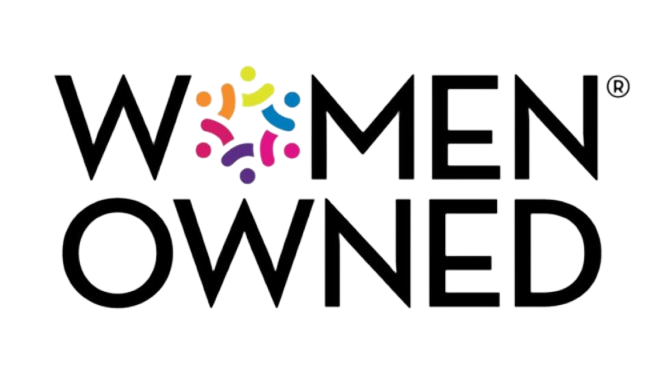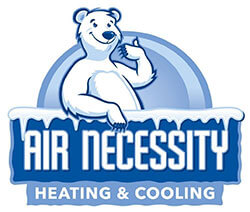Frequently Asked Questions
What to Check For in HVAC Care & Maintenance
Our online FAQs offer a rapid response for your convenience, but if you want to know more on any topic, don’t hesitate to give us a call at 239-541-1221.
Why is frequent maintenance necessary?
Your home AC system, like your automobile, should be serviced on a regular basis, such as oil changes and inspections for any faults. Routine maintenance by a qualified expert has various benefits for your HVAC equipment, including improved efficiency and less costly malfunctions.
How can I tell if my HVAC compressor is failing?
The HVAC compressor is a crucial component that pressurizes refrigerant and enables heat exchange through the coils. Signs of a failing compressor include unusual noises (grinding or rattling), warm air instead of cool, tripped circuit breakers, and reduced airflow. Regular maintenance and prompt attention to these signs can prevent complete system failure.
Will I need to leave my home during the cleaning?
HVAC filters should typically be replaced every 1 to 3 months, depending on the type of filter and environmental factors such as pets, allergies, and local air quality. High-efficiency filters might last longer but require regular inspections to ensure they are not clogged.
How can I reduce my energy costs?
Heating and cooling can take up a significant portion of your power cost. When searching for a new heating or cooling system, seek for models with high SEER ratings for air conditioners and AFUE ratings for furnaces. SEER and AFUE are measures of system efficiency, with higher numbers indicating more efficient products. Aside from obtaining a new home comfort system, consider the following factors:
Is your system routinely maintained? Regular maintenance inspections will improve the efficiency of HVAC systems, whether they are furnaces or air conditioners.
Could your house benefit from a zoning system? If you have seldom used rooms in your home, a zoning system will allow you to heat or cool only the sections that are most frequently utilized.
Does your house have a programmed or smart thermostat? According to the US Department of Energy, programmable thermostats may save heating expenses by up to 35% and cooling expenditures by up to 25%.
What is two-stage heating?
Two-stage cooling means that your cooling unit has two levels of operation. When summer is in its hottest weeks, the high setting is used, and when its cooler or more mild, it operates on the low setting. Typically, the lower setting is able to take care of your cooling needs, but even when the high setting kicks in, you may not realize it because it can produce such even temperatures for your comfort. This can also mean a quieter cooling system, greater efficiency and improved humidity control.
How does regular duct cleaning impact HVAC performance?
Regular duct cleaning can improve HVAC performance by removing dust, debris, and allergens that can accumulate in the ductwork. Clean ducts enhance airflow, improve indoor air quality, and reduce the strain on your HVAC system, leading to better efficiency and potentially extending the lifespan of your equipment. Schedule professional duct cleaning every 3 to 5 years or as needed based on your home’s conditions.
What are common causes of uneven heating or cooling in a home?
Uneven heating or cooling can be caused by improper ductwork design, blockages in vents or ducts, poor insulation, incorrect thermostat placement, or a malfunctioning HVAC system. Balancing the system through proper zoning, adjusting dampers, and ensuring good airflow can help address this issue.
When replacing the outdoor unit, should the indoor unit also be replaced?
To guarantee optimal performance, all outdoor cooling systems are designed to function in conjunction with a matched interior unit. When they are not combined with the other component to form a complete system, efficiency suffers.
As with many items, innovations have resulted in better, more efficient methods of doing things. Heating and cooling systems are the same. These enhancements primarily feature increased heating and cooling efficiency, but they also include enhanced air management, filtration, and noise pollution reduction.
Heating and cooling systems that are more than 10-15 years old usually need to be replaced. Not only do they consist of outdated technology, but they are also less efficient than more recent models. Getting a new indoor unit at the same time means you’ll have a matched system to provide you with even more comfort and efficiency for years to come.
How does proper insulation affect HVAC efficiency?
Proper insulation significantly impacts HVAC efficiency by reducing the amount of heat loss in the winter and heat gain in the summer. This reduces the workload on your HVAC system, leading to lower energy consumption, improved comfort, and extended system lifespan. Ensuring adequate insulation in your attic, walls, and floors is crucial for maintaining an efficient home.

